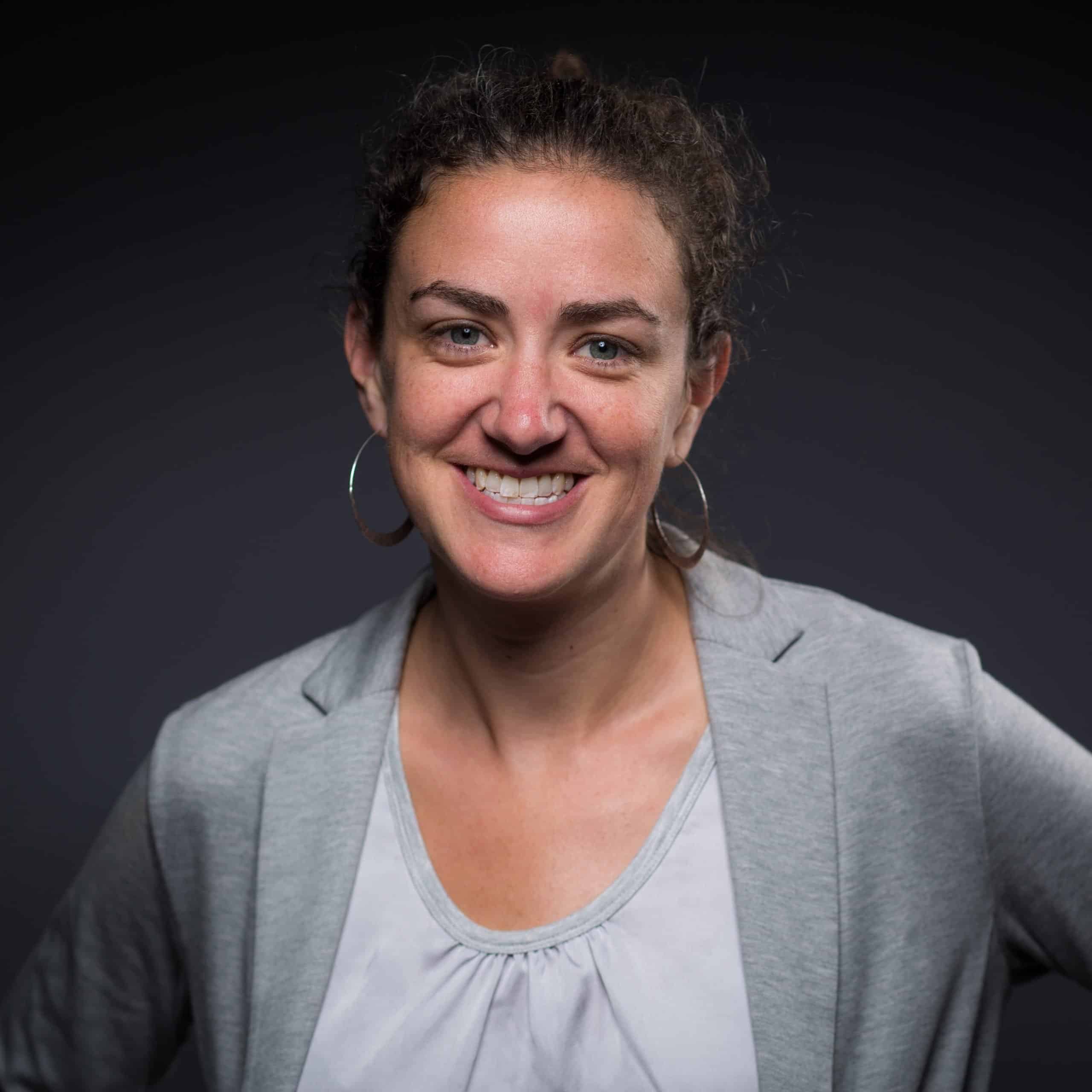For at least a decade, I’ve kept a tiny yellow book on my nightstand that contains excerpts of Buddhist teacher Pema Chodron’s writings. When I’ve felt particularly unmoored, I pick it up, flip to a page, and just read a bit. She has a million different ways to say the same thing, but here’s a particularly good version: “We think that the point is to pass the test or to overcome the problem, but the truth is that things don’t really get solved. They come together and they fall apart.”
Right before the coronavirus transmogrified everything, my friend’s world fell apart. Her mom got a terrible cancer diagnosis. My other friend said she was going to send her a care package: Did I have anything I wanted to put in it for her? I tried to think of what would actually be useful in a moment of such shock and rage and grief, and I couldn’t think of anything better than my tiny yellow book.
But part of me didn’t want to give her my tiny yellow book. What if I needed it? It almost felt like a security blanket. But then I reasoned, that’s the whole point: You give what feels hard to give to people you love when they’re in pain. So I thanked it for its long service to me, wrote a little inscription on the first page, and let it go. I told myself that if I needed grounding, I could find it in other ways.
And then the sinkhole that is coronavirus opened up and sucked my whole life into it. If there was ever a time that I needed my little yellow book it is now. My highs have been higher — almost hallucinogenic. But my lows have been lower — I yell at my children, helpless to fend off my frustration with them for one more second; I cry in the crook of my arm in the passenger seat, slumped against the door, the grief finally pushing through my scrap paper lists and the endless games of UNO and the drawings, so many drawings.
Crushed by negative news?
Sign up for the Reasons to be Cheerful newsletter.That little yellow book, I think, would have perhaps moved from the bedside stand to my own pocket by now. Or maybe a tattoo on my forearm. A constant companion at a time when the lack of resolution lays over all of us like a heavy fog.
Yet, you know what? I don’t regret passing that book on one bit.
It’s not that I’m a martyr. I don’t even know if it’s been useful to my friend and I don’t need it to have been (though I hope it was). It’s that I think I’m starting to understand something about tolerating ambiguity. It requires lightness.
The only way to move through a fog of unknown size and shape is to feel your own feet on the ground. To walk humbly. Without a lot of expectation or baggage. If I really cop to my own powerlessness over the unfolding of all of this, I feel closer to that Buddhist wisdom about nonattachment. Which one shouldn’t confuse, as I often did in my twenties, with a lack of passion. I’m more passionate than I’ve ever been in my life — about racial justice, about our common institutions and the need for real, wise leadership. I can taste my growing fierceness in my own mouth. It’s enlivening, even as the anger behind it has sometimes felt foreign in this body, this careful head.
But it’s not a passion fueled on prediction. It’s a passion born of everything falling apart. I’m trying to resist the urge to stitch it back together with my own shaking hands. I’m trying to, instead, just look, really look, around at the detritus. To feel the pain and lostness of it, the strange pleasure of being so close to the bone. I’m taking it in — my own powerlessness and my own power, side by side, how it was always this way and I’m just now internalizing it at a level that is changing me. How I don’t know what it will become. How I can’t know. And shouldn’t try.

I take in enough news, but try to avoid making a tower of knowing out of it. I resist the media narratives that have pitted us against one another — teachers vs. working parents, red vs. blue, radicals vs. moderates. In fact, I listen to podcasts where the word abolition is said 100 times and don’t once let my brain say, “Well, that’s not realistic.” Reality is up for grabs! It’s frightening and freeing all at once.
I pray for those who are suffering, but I don’t pray for resolution. I leave my phone at home on walks and bike rides. I let go of money, knowing we have enough and other people don’t. I feel feelings that aren’t utilitarian; they are true. I let them flow through and out of me. I’ve never been very good at this; this moment is teaching me how.
I’m missing the pleasure of anticipation — being able to fantasize about the specific texture of certain events in the future. As far as this virus is concerned, there is no future. But there’s a freedom in that, too. Will my kid be in a physical classroom during her 1st grade year? I don’t and can’t know. So instead, I protect her safety and delight today, and imagine her at 18 saying, “Remember those years when we planted the loquat tree and we protested in the streets and we ate a million popsicles?” Telescopic time is far kinder right now. I’m trying to live there more.
Without my little book, I am trying to become my little book.
I’m showing up for the people I can in small ways. Letting things go — my eyebrows, my expectations, my plans. Reminding my body that it can’t know. The lighter I get, the less I thrash against this moment. The more I give away, the less frightened I feel.
Or as Pema says:
Letting there be room for not knowing is the most important thing of all. When there’s a big disappointment, we don’t know if that’s the end of the story. It may just be the beginning of a great adventure. Life is like that. We don’t know anything. We call something bad; we call it good. But really we just don’t know.






